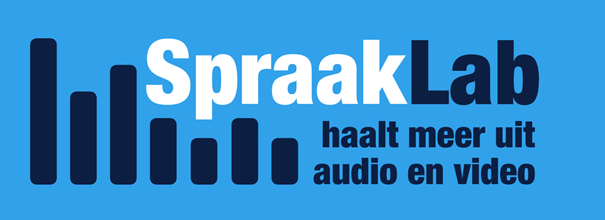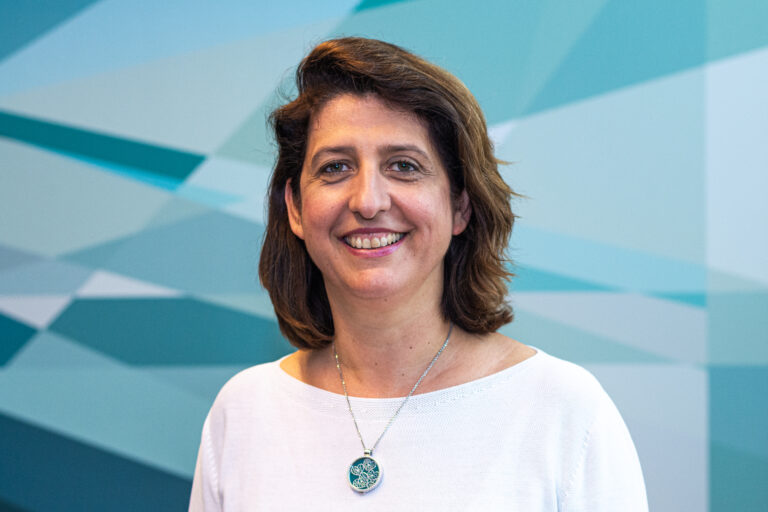Deployment of Artificial Intelligence
The underlying techniques applied here are speech detection, speaker recognition and speaker tracking, all using self-learning neural networks. The entire system makes independent decisions based on large quantities of data. Artificial Intelligence (AI) software is being developed so that work can be done faster and with higher quality and the privacy of the Dutch citizen is better guaranteed.
The product works in three steps: first it determines when someone is speaking. Then speech fragments are clustered per speaker and then who is talking is determined for each cluster. These three AI-based techniques are not new, but in order to apply them to this domain innovative research is still needed.
What challenge does it solve?
The product solves two problems:
The police is able to work more efficiently and with higher quality
There is less need to listen to other conversations than those of the subject hence safeguarding the privacy of citizens.
Small Business Innovation Research (SBIR)
SpraakLab participated in the SBIR “Artificial intelligence for public services”. SBIR makes use of an exception in the procurement legislation for applied research and development. A societal question posed by the government is central. SBIR works in a tiered innovation competition towards the innovative solution(s). The best proposals execute a feasibility study and the best feasibility studies are commissioned to develop an innovation. This innovation is ideally tested in practice by the potential government customer.
SpraakLab is now working with research partner Embedded Acoustics on the second phase of the research. In this phase a prototype will be developed that will be tested in practice together with the police. Thanks to SBIR, Embedded Acoustics and SpraakLab are able to quickly convert their AI idea into a first prototype of the product that can be tested in practice.
More information
Interested? Visit the website of Spraaklab for more information.






